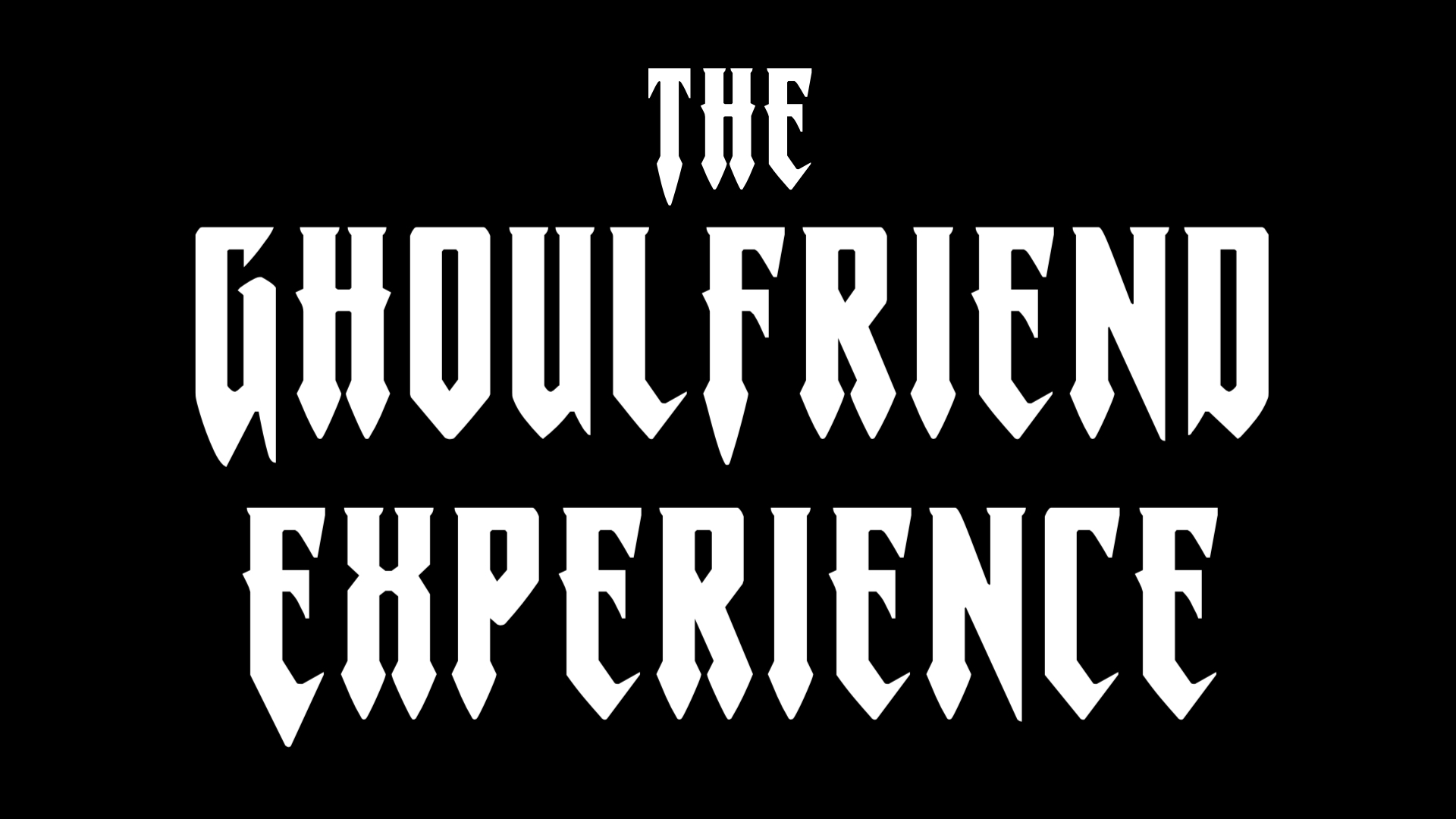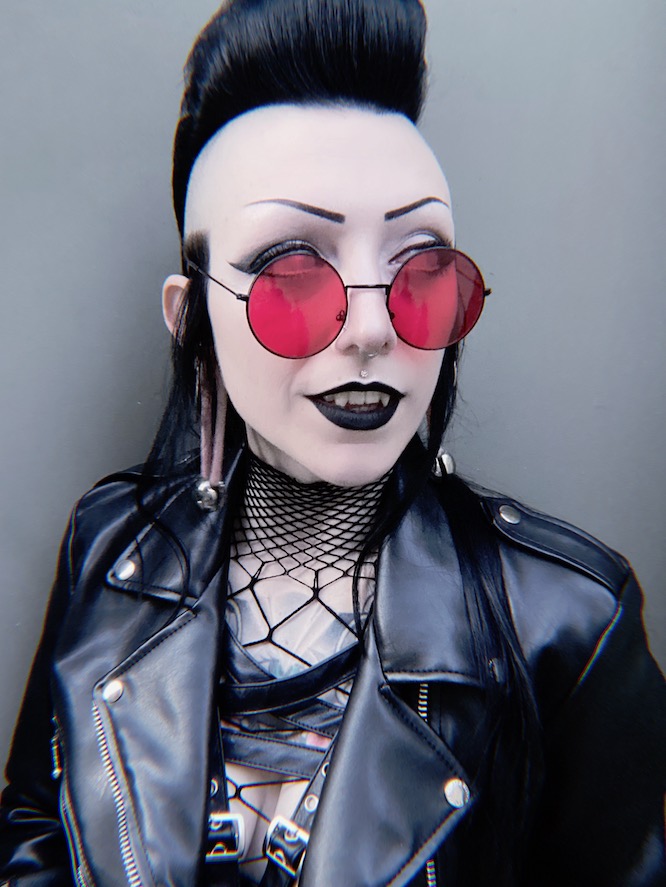Autism Acceptance Month


I’m getting personal on the blog today! April is Autism Acceptance Month; this is an updated version of a social media post I wrote a couple of years ago.
About four years ago I learned that I am autistic – a really fucking significant aspect of my neurology that impacts quite literally everything about me and how I navigate through life. Four years ago I intellectualized this new knowledge; I accepted the fact that I was autistic and continued moving forward, although still maintaining mostly neurotypical expectations of myself.
It wasn’t until the pandemic hit, when I lost all semblance of structure and was forced to indefinitely cease nearly every functional aspect of my daily life, that I finally got an opportunity to emotionally process the fact that I’m autistic, and subsequently began reassessing and restructuring my life to best meet my needs. This opportunity was obviously born out of fucking horrendous circumstances, but I recognize the rarity regardless and am immensely thankful for it.
Learning that I’m autistic after almost three decades has been both a gigantic relief and a heavy weight. Relief from a lifetime of wondering why I was so different from everyone around me, feeling fundamentally alone and misunderstood no matter how hard I tried, and now finally having an answer to a laundry list of questions.
The weight is looking back at thirty years full of pain, confusion, and desolation with this new lens of understanding – wondering what life could have been like, had I known this about myself and had I been given the support I’ve always needed and deserved. How many of my life-altering traumas was I predisposed to, therefore could have been prevented or avoided?
I don’t generally see the point in speculation or counterfactual thinking, but it is impossible for me not to think in hindsight about these things, and it is fucking heavy y’all.
I always anticipate a variety of reactions to this particular disclosure, whether or not you would ever express it to me directly.
I’m going to wrap this post up by addressing some common responses and false notions you may have regarding autism – I have personally heard all of these examples. Please understand that I only speak for myself and would never claim to represent all people of any community.
• “You don’t look autistic”
• Correct! I don’t look autistic because autism is neurological and does not have any particular “look.” Autistic traits manifest differently from person to person.
• “You don’t act autistic”
• I actually do, you just don’t see it because A) you frankly don’t know everything or likely anything about autism, and B) I go to great soul-sucking lengths to hide or minimize my more visibly autistic traits while also attempting to mirror neurotypical traits solely for the comfort of others – this is called “masking.” It is a behavior I have been subconsciously practicing my entire life, that was developed from within survival mode. It serves to protect me at times as I navigate through a neurotypically-structured world, but always at an incredibly high cost to my health and well-being.
• “Well then you must be high-functioning or have Aspergers instead”
• Hierarchal labels relating to a perceived level of functionality are baseless and ableist. Autism is a spectrum, it is not linear. Masking and uneven skills/support needs are real, therefore labeling an entire person as either high or low-functioning is dismissive and invalidating of both individual strengths and struggles.
Aspergers Syndrome was actually removed from the most recent revision of the DSM in 2013, and was absorbed into Autism Spectrum Disorder (ASD).
Side notes – the DSM itself can be considered extremely problematic by design/history in terms of over-pathologizing the human experience while being fueled by capitalism. Also, Hans Asperger was literally a n*zi doctor who contributed to the eugenics program via child euthanasia.
• “Wow I didn’t realize you are on the spectrum / you are neurodivergent / you have autism / there is something wrong with you”
• Preferring to only use terms like “on the spectrum” or “neurodivergent” as euphemisms to avoid saying “autistic” is ableist. This implies autism is a negative/bad word, which implies being autistic is negative/bad and perpetuates stigma.
I don’t have autism, I am autistic. Person-first language (person with autism vs autistic person) implies autism is something which I possess that is separate from me. My autistic neurology informs the way I process information and communicate; it is the lens through which I see the world and use to navigate every single aspect of life. 24/7, 365. It isn’t something I could separate from, even if I wanted to – which I don’t, and that is because autism is not inherently negative at all. It is simply a difference in brain wiring, and in fact offers its own unique strengths and abilities.
Nearly ALL of the challenges I experience relating to autism actually stem from stigma and a lack of external support/understanding, rather than from autism itself, because our society is structured for neurotypical people and actively antagonizes those of us who don’t fit within that mold. Autism itself is not a problem, and it does not mean there is something wrong with me. The perception of autism as inherently negative is ableist.
• “Why didn’t you tell me?”
• A) I don’t owe anyone shit, I disclose at my own discretion; B) Consider how you may have helped create an environment that made me feel uncomfortable/unsafe coming out. Do you use the R-slur, and have you perhaps used it in my presence? Pepperidge Farm remembers, and certainly so do I.
• “I still don’t believe you”
• That’s fine. I, and I cannot stress this enough, do not give a fuck. Your opinion does not affect my reality nor lifetime of experiences, regardless of whether you believe me or not.
Until next time,
xoxo Luna
Categories
- Dream Dates (1)
- Missed Connections (1)
- Musings (4)
- Perversions (1)

